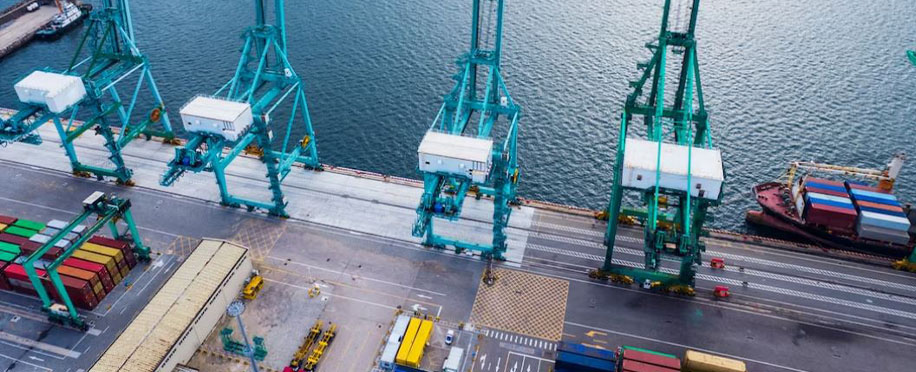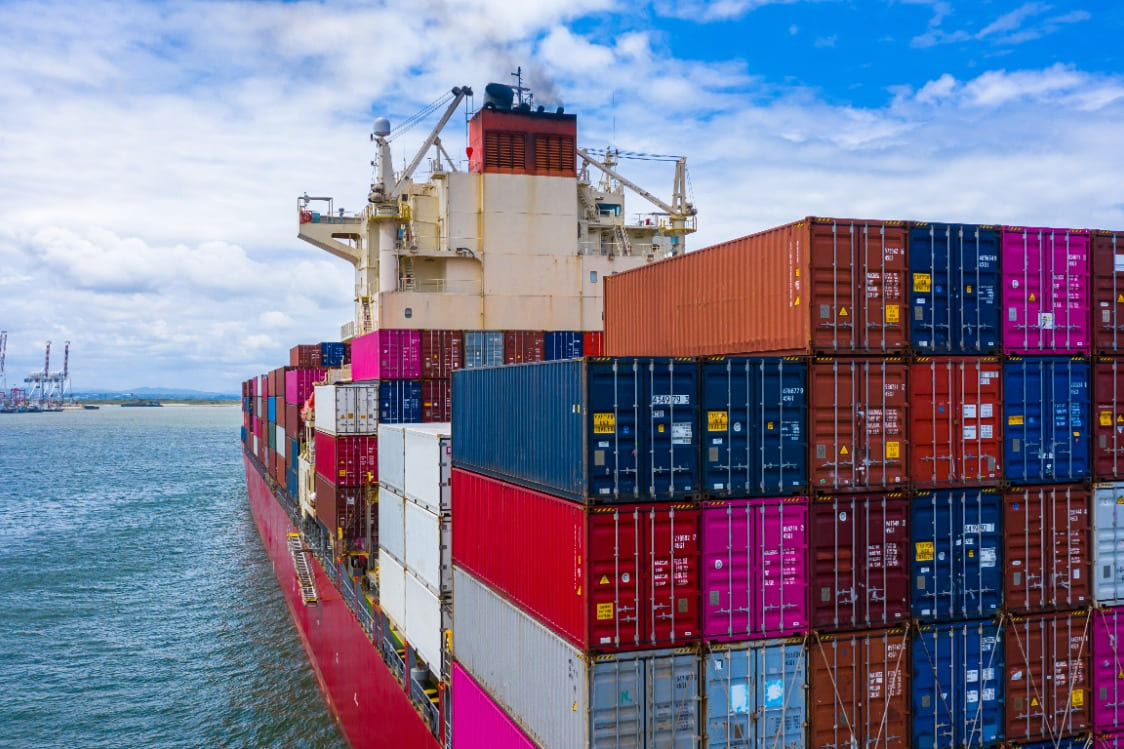The Rise of Eco-Friendly Shipping: Navigating Towards Sustainability

Posted on Feb 13, 2024 at 09:02 PM
Welcome to the era of eco-friendly shipping, where the oceans are greener, and sustainability is taking the helm. The maritime industry is like the world, racing towards sustainable approaches in all sectors. Do you also want to ride this wave?
This article will explore eco-friendly shipping and guide you on navigating this rising sustainability wave.
What is eco-friendly shipping?
OK, what exactly is eco-friendly shipping? It encompasses the practice of shipping goods while reducing the environmental impact at every shipping process step. This implies limiting carbon emissions, pollution, and waste and conserving marine surroundings and assets. Luckily, eco-friendly shipping covers every aspect of sea transportation: ship design, shipbuilding, and logistics.
What is the most environmentally friendly shipping method?
Regarding the most ecologically friendly shipping method, technological advancements have given birth to an enticing prospect: vessels free of pollution and powered by renewable energy.
Moreover, electric and hybrid ships relying on clean energy sources are eco-friendly replacements for conventional ships powered by fossil fuels. Eco-ships use electric propulsion systems, batteries, and even solar panels to reduce carbon emissions, noise pollution, and air pollutants to a large extent.
Still in their infancy, eco-friendly ships promise to revolutionise the maritime industry and port operations.
What are the benefits of eco-friendly shipping?
Let's now discuss the different advantages of green shipping. Reducing carbon emissions and pollution is the first and foremost way to mitigate the effects of climate change and maintain our planet's delicate balance.
Through sustainable practices, we can safeguard and maintain marine life and their habitats for the benefit of the generations to come. Besides, practising green shipping techniques can enhance the overall effectiveness of shipping and hence lead to cost savings.
Some of these benefits may include:
-
Reduced Carbon Footprint: Using eco-friendly shipping procedures will significantly decrease the carbon dioxide, nitrogen oxide, and sulfur oxide amounts released into the atmosphere. These practices were created to optimise fuel usage and thus lower the ship’s greenhouse gas emissions.
-
Reduced fuel consumption: Applying green shipping practices can reduce ships' fuel consumption, resulting in fuel cost savings for shipping companies.
-
Better effects on the environment: As their name suggests, eco-friendly ships are environmentally friendly. And unlike traditional ships that may leak tons of petroleum into the sea in case of an accident, eco-friendly shipping is a friend to the ocean and all its organisms.
How do you navigate the rise of eco-friendly shipping?
To handle the progression of eco-friendly shipping, there is a need to take a holistic view. Here are a few key steps to consider:

-
Embrace cleaner technologies: Discover and utilise sustainable substitutes, e.g. electric or hybrid ships, which decrease the reliance on fossil fuels.
-
Optimise logistics: Combine advanced planning systems and technologies to plan shipping routes and save on fuel efficiently.
-
Implement green initiatives: Promote the use of low-sulfur fuels, reduce shipboard energy consumption, and set up waste management and recycling objectives.
-
Collaborate and share knowledge: Become a member of relevant industry associations, participate in sustainability programs, and work with partners to collectively exchange ideas to effect a change.
-
Educate and raise awareness: Foster sustainability within your organisation and influence the employees, partners, and clients to participate in eco-friendly practices.
Remember that the shift towards eco-friendly shipping is not a one-time move but an ongoing process toward sustainability. By making conscious decisions and implementing sustainable solutions, we can effectively sail the sea collectively more conservatively to our planet.
Together, let us sail into a brighter, greener future with ecologically intelligent shipping as the standard and our seas teeming with life the way they should be.
Still confused? Try Maritime training courses.
While theoretical knowledge is all good and dandy, real-life implementations of eco-friendly shipping are different and more complex. We know that, and we’ve brought you an advanced solution! Maritime training courses can offer a more profound guide to successfully implementing eco-friendly shipping in your business. And if you’re seriously considering getting into that field, our advice is to go in strong with the help of a mentor.
All in all
The rise of eco-friendly shipping is not a one-time effort but an ongoing journey towards sustainability, and everyone who wants to be ahead of this life-changing curve into sustainable shipping needs to get their knowledge and expertise built up fast.
So what are you waiting for? Invest in your knowledge today.





